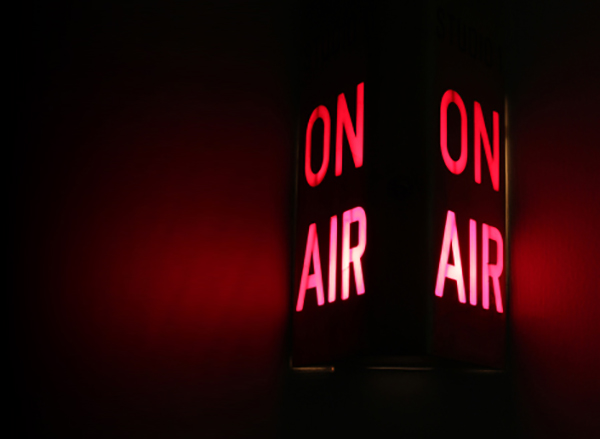Don’t Panic!
Published - 24th June 2010

If you are called on to represent your business in a radio interview, what will your first reaction be? Mild panic? Major panic? Fear not – here are a few tips to help you get the most out of the experience.
- If you are approached to comment, treat it as a positive. After all, it is giving you the opportunity to tell existing and potential customers what your business is all about and demonstrate that you are at the forefront of your industry.
- Think about why you have been approached to comment and remember why you’re there. Make sure you know your subject. Define three key messages that you want to get across and stick to them. Know what you’re prepared to talk about and what you’re not prepared to talk about.
- Find out if the interview is going to be live or recorded and try to determine the area the interviewer would like to talk around. This will help you anticipate questions. Practice giving answers to them, but do be flexible enough to answer any unexpected questions.
- Get to the point! Avoid waffling. Short punchy sentences are most effective. Radio interviews are short and snappy. Editors need short bursts of information that will fit neatly into full length news items and news bulletins.
- Don’t “um” and “ah”. Um-ing and ah-ing makes answers sound vague, giving the impression that you don’t know what you’re talking about. If you struggle to talk off the top of your head, why not give one of your colleagues a chance? You may even want to consider employing an official spokesperson.
- Do the “so what?” test. Why would a listener be interested in what you are saying? You might understand the long, drawn out technicalities of a subject, but listeners might not. Keep answers simple and think about explaining things in terms that the ‘man on the street’ would understand.
- For telephone interviews, ensure that you choose a quiet room and inform other people in the building or area that an interview is taking place to avoid unexpected interruptions. Radio stations sometimes like to carry out interviews in the workplace as background noise in a factory or busy office gives listeners a flavour of what the story is about. Again, make sure people close by know that the interview is taking place to avoid inappropriate noise intruding into the interview!
- Don’t be scared of journalists, they are simply interested in getting a good story that will be of interest to their listeners. If you have a good story, with plenty to tell, it is unlikely that they will try to subvert it.
The key to radio interviews is feeling in control. To ensure that you come across as the industry expert, be prepared and ensure that you feel confident enough with the subject area and situation, before you agree to be interviewed.
Harris »